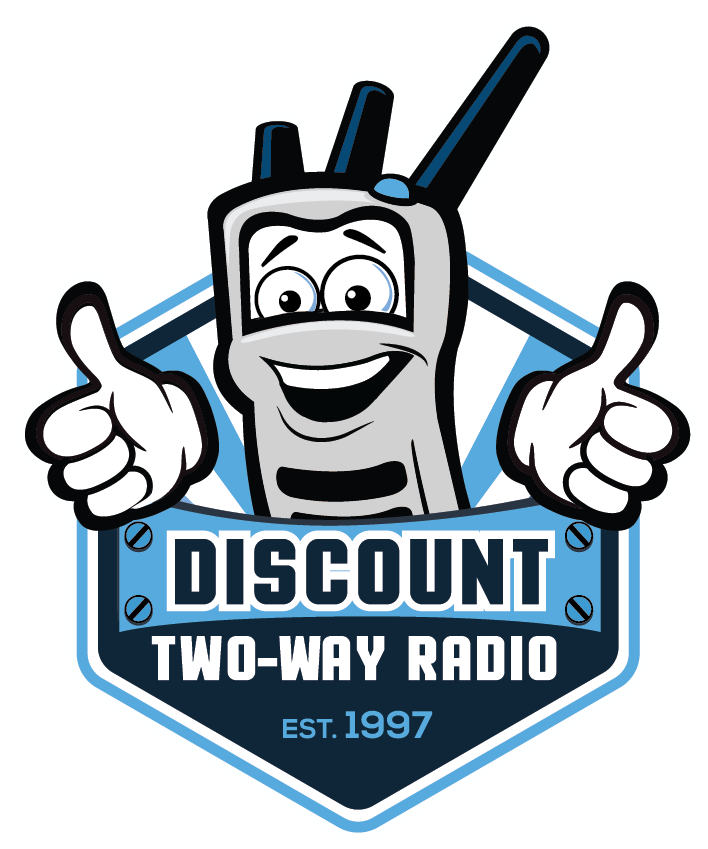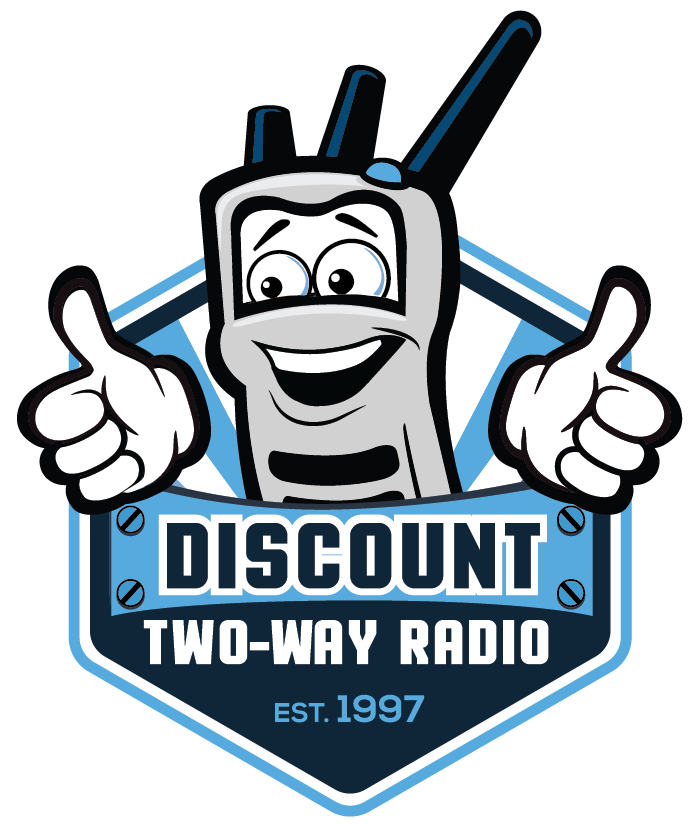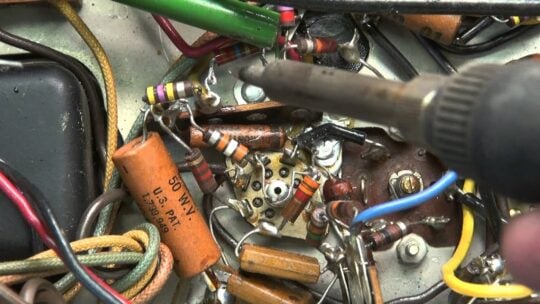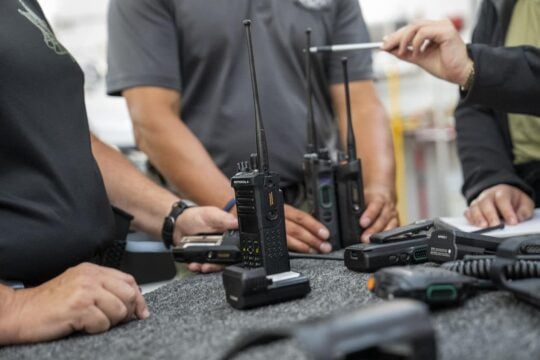
Setting Up a Base Station CB Radio for Long Range Communication
When it comes to long-range communication, a Base Station CB Radio is the preferred choice for industries like trucking, off-roading, and those in rural areas. These radios provide reliable, clear communication over vast distances, ensuring that users stay connected even in remote locations.
Setting up a base station CB radio properly can significantly enhance signal strength, clarity, and communication efficiency. From choosing the right antenna to finding the ideal location, the correct setup makes all the difference.
At Discount Two-Way Radio, we provide expert guidance and high-quality equipment to help you build a reliable base station CB radio system, perfect for maintaining long-range communication in any setting.
Base Station CB Radio Essentials: Understanding Key Components
A base station CB radio is a fixed communication device designed for long-range communication, often used in industries like trucking, off-roading, and rural settings. Unlike mobile CB radios, base stations offer more power and reliability for users who need consistent, clear communication.
➢ CB Radio Unit: The main radio unit is the core of the setup. It typically comes with advanced features, multiple channels, and stronger transmission power compared to mobile units.
➢ Power Supply: Base station CB radios require an external power source, typically 120V AC, or a suitable power adapter, unlike mobile units that rely on vehicle batteries.
➢ Antenna: The type of antenna you choose—whether vertical or dipole—plays a major role in enhancing your signal range and clarity, making it a crucial component for effective long-range communication.
➢ Coaxial Cable: A quality coaxial cable connects the radio to the antenna, minimizing signal loss and ensuring optimal performance.
➢ Grounding Equipment: Proper grounding protects your base station setup from lightning strikes and electrical surges, making it an essential safety feature.
Maximizing Signal Strength: Tips for Placing Your Base Station
Indoor vs. Outdoor Placement
Whether you place your base station indoors or outdoors can impact its performance. Indoor setups should be located near a power supply and in a space that offers easy access for operation. Keep in mind that proximity to the antenna is crucial for signal strength.
Elevation Matters
Positioning the antenna as high as possible is critical for maximizing communication range. The higher the antenna, the fewer obstacles it will encounter, improving both clarity and distance.
Avoiding Obstacles
Physical barriers like trees, buildings, or mountains can interfere with your signal. Always aim to place your antenna in an open area, free of obstructions, to minimize interference and maintain a strong, reliable connection.
Safety Considerations
Ensure that your base station is set up in a well-ventilated area and that all electrical connections are secure. Additionally, antennas should be mounted safely and securely, keeping them stable in all weather conditions.
How to Choose the Right CB Antenna for Long-Range Communication
Antenna Types:
➞ Vertical Antennas: Known for their simplicity and efficiency, vertical antennas are a popular choice for long-range communication, offering reliable performance with minimal setup.
➞ Dipole Antennas: Dipole antennas are excellent for long-distance communication but require more space. Their design allows for effective signal transmission, making them ideal for rural or spacious settings.
➞ Yagi Antennas: Yagi antennas are directional and focus the signal in a specific direction, making them perfect for point-to-point communication where distance and precision are critical.
Antenna Height and Mounting
Mounting your antenna as high as possible ensures a clear, unobstructed signal. Use sturdy mounts to keep the antenna stable in all weather conditions, and aim for a location free from barriers like trees or buildings.
Choosing the Right Coaxial Cable
Selecting a high-quality coaxial cable minimizes signal loss over long distances. Opt for thick, well-shielded cables to ensure strong, consistent communication.
Grounding the Antenna
Grounding your antenna is essential for protecting your setup from lightning strikes and electrical surges. Proper grounding ensures the longevity of your system and keeps your equipment safe from damage.
How to Set Up Your CB Radio for Maximum Performance
Connecting the CB Radio to Power
Start by connecting your base station CB radio to an external power supply, typically 120V AC, ensuring proper grounding for safety. Double-check connections to avoid electrical issues or surges.
Attaching the Antenna and Coaxial Cable
Attach the antenna securely to your CB radio using a high-quality coaxial cable. This connection should be tight to prevent signal loss and interference, ensuring a strong, clear signal.
SWR Meter Calibration
❖ What Is SWR (Standing Wave Ratio)?:
SWR measures how efficiently your antenna is transmitting signals. A low SWR ensures optimal communication, reducing the chance of signal loss or interference.
❖ How to Use an SWR Meter:
Connect the SWR meter between your radio and antenna, and adjust the antenna until the SWR reading is as low as possible for the clearest communication.
Testing the Setup
After installation, test your setup by transmitting and receiving messages. Ensure your base station operates smoothly with minimal interference to guarantee it’s performing at its best.
Power Up Your Base Station: Accessories for Longer Communication Range
➢ Amplifiers: Legal amplifiers can significantly boost your transmission power, extending your communication range. However, be mindful of FCC regulations on power limits to avoid fines or interference with other signals.
➢ Using a Repeater: A repeater can greatly enhance your range by receiving and retransmitting your signal. This is especially useful in rural or mountainous regions where the terrain can interfere with communication.
➢ Additional Signal Boosters: Preamps or other signal-boosting devices can further improve your range, particularly in challenging environments where natural or man-made obstructions hinder signal strength.
➢ Backup Power Solutions: Keep your base station operational during power outages with reliable backup solutions like battery systems or solar power setups. These ensure uninterrupted communication when power grids fail.
Why Discount Two-Way Radio is Your Trusted Partner for CB Radio Setups
At Discount Two-Way Radio, our decades of experience providing top-tier communication solutions mean you can trust us to deliver the best base station setup for your needs. We specialize in helping industries and individuals achieve clear, reliable long-range communication.
We offer a comprehensive range of high-quality CB radios, antennas, and accessories, designed to enhance your communication capabilities. Whether you need basic equipment or advanced tools for maximizing range, we have the products to match.
Our services go beyond sales. With custom installation support, expert consultations, and ongoing technical assistance, we ensure that your base station setup is optimized for peak performance, giving you confidence in your communication system.
Get the Most from Your Base Station CB Radio with Discount Two-Way Radio
A base station CB radio is the ideal solution for those looking to maintain long-range communication, whether in rural areas, trucking, or off-roading. With the right setup, including a quality antenna, power supply, and proper grounding, you can dramatically boost signal strength and clarity.
At Discount Two-Way Radio, we combine decades of expertise with a wide range of high-quality products to provide the perfect base station setup for your needs. From custom installation support to expert advice, we ensure your system is optimized for the best possible performance.
Ready to elevate your communication game? Call us for guidance and services today to create the ultimate long-range communication system!
FAQs
What is a base station CB radio?
A base station CB radio is a fixed communication device designed for long-range use, typically requiring an external power source, antenna, and grounding. It’s ideal for industries like trucking, off-roading, or rural communication.
What type of antenna should I use for a base station CB radio?
Vertical antennas are simple and effective, while dipole antennas are better for long-distance communication. Yagi antennas focus the signal in one direction for more precise communication.
How do I improve the range of my base station CB radio?
Use a high-quality antenna mounted as high as possible, and consider adding signal boosters or amplifiers to extend the communication range.
Why is grounding important for a base station CB radio?
Grounding protects your equipment from electrical surges and lightning strikes, ensuring safety and longevity for your setup.
Do I need an amplifier for my base station CB radio?
While not always necessary, legal amplifiers can boost your transmission power and range, especially in challenging environments like rural areas. Make sure to comply with FCC regulations on power limits.





No Comments